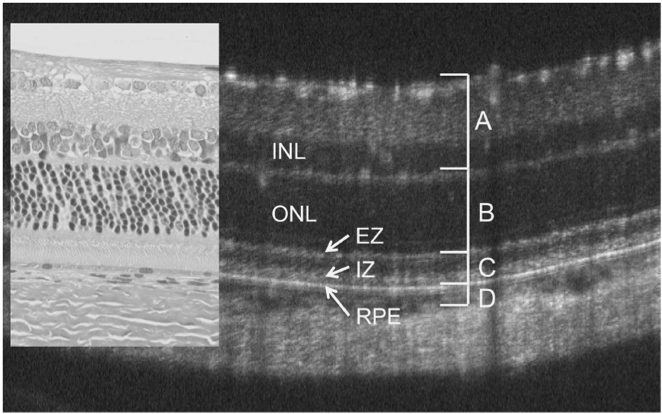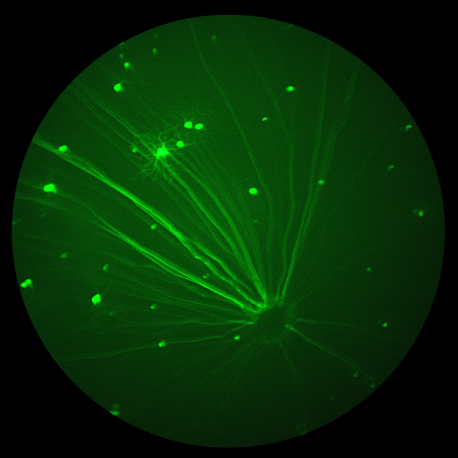For astronauts gazing out at the vastness of space, their eyes are not just windows to the cosmos but sensitive and vital instruments that must endure the challenging environment of life beyond Earth’s atmosphere. Although pressure suits, capsules, and space stations provide critical protection, astronauts are constantly exposed to extraterrestrial forces that impact various organ […]
10.07
2024
Tau Protein Modulation Impacts Retinal Neuron Survival in Glaucoma
Glaucoma, a leading cause of irreversible vision loss, is characterized by progressive damage to retinal ganglion cells (RGCs) and the optic nerve, often associated with increased intraocular pressure (IOP). While previous studies have implicated Tau protein expression and phosphorylation changes in other neurodegenerative diseases such as Alzheimer’s disease, Parkinson’s disease and glaucoma, the causative role […]
23.06
2020
Targeting VEGF164 in Müller cells may be useful to treat retinopathy of prematurity
In Nature’s Scientific Reports, Becker et al use the Phoenix MICRON® IV, OCT, and focal ERG to assess the therapeutic value of knocking down a splice variant of VEGF in Müller cells in a model of Retinopathy of Prematurity (ROP). ROP is characterized by delayed vascularization of the retina after disrupted oxygen levels, followed by […]
17.01
2019
Characterizing a mutant rat strain with the Phoenix Micron OCT and Ganzfeld ERG
Monai et al characterized the longitudinal retinal degeneration of a rat model of retinitis pigmentosa using the Phoenix Micron OCT to examine retinal layers in live rats and the full field Ganzfeld ERG to test function. The rats have one of the mutations, P23H, that cause retinitis pigmentosa in humans, and are specifically a very […]





